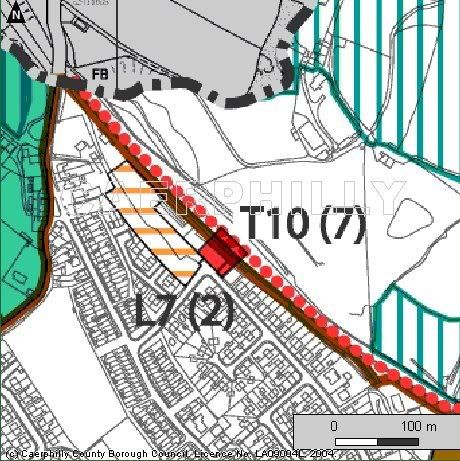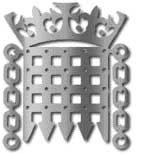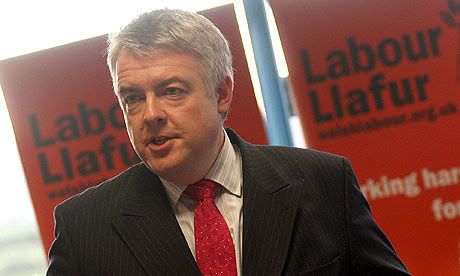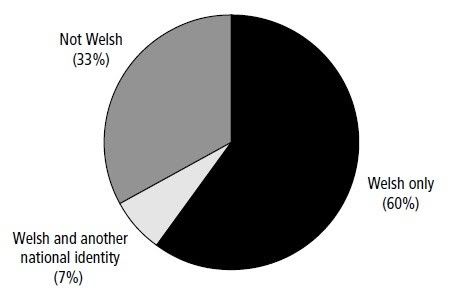Two subjects one should never start an argument about are politics and religion.
Well, as this is a political blog—and in particular a blog about Welsh politics—perhaps those two forbidden subjects should be the Welsh language and religion. But as I'm going to fall foul of one in this post, I might just as well bring in the other. Jesus said,
The way you judge will be the way you are judged ... the measure you give will be the measure you get.
Matthew 7:2
Let's start by translating a post Vaughan Roderick made this morning. That's not too time-consuming now that Google Translate can do most of the spadework. It might even save £250,000 ... but that's a different story.
Translation isn't an easy job at the best of times, and it's almost impossible when the words you translate are in some kind of political code.
Take what Alun Ffred Jones said on "Good Morning Wales" this morning. He said he was "miffed" that the Wales Office has released information about the content of the language LCO before Assembly members had seen it.
How do we reckon "miffed" should be translated? I suggested "furious" to the minister ... and got nothing more than a smile in response. Later someone suggested "****** furious" would be more accurate!
The salt in the wound is in fact the Wales Office. Although the Welsh Government insists that the Order enables it to "deliver the One Wales commitments" the truth is that the Assembly has lost an extremely important constitutional battle.
When the second Government of Wales Act came into force, members of the Assembly—and in particular the Presiding Officer—argued that Westminster had only a quasi-judicial role in the LCO process. Namely that if the Assembly made an application for powers, and particularly if the application was based on manifesto commitments, it should be approved without enquiring about how the Assembly intended to use the Order.
That is, on the whole, what has happened in the House of Lords. But the House of Commons, and in particular the Welsh Affairs Select Committee, has seen things differently. To all intents and purposes, the Committee has acted as a sort of second chamber of the Assembly by setting firm limits on what the Assembly can do.
That's annoying to politicians in the Bay ... even in a period where the Governments in Westminster and Cardiff have relatively similar colours. But how are things likely to be after the general election, given that a Conservative majority across Britain would mean a Conservative majority on the Select Committee?
It's possible that some politicians will be "****** ****** furious".
With whispers increasing that Sir Emyr's Convention is "gung ho" about a referendum, that vote is looking increasingly likely.
Vaughan Roderick - 6 October 2009

This post isn't directly about the Welsh Language LCO. I don't think we should fall into the trap of getting into an argument about the detail of the LCO and whether the Wales Office is justified in changing its scope in the way it just has. My view on that is that the original LCO was already a compromise and that a bit more horse trading was only to be expected. The name of the game, so far as Labour MPs in Westminster were concerned, was always to transfer as little power as possible but still meet, as Betsan Powys rather playfully put it:
their key One Wales agreement commitments: all together now - the language commissioner, linguistic rights and an official status for the Welsh language.
The revised LCO, and as yet the detail is only in this press release, just scrapes in.
But that isn't the point, at least not my point in this post. The UK doesn't have a constitution, so the way things work is decided almost entirely by precedent. As Vaughan has said (along with many others) the GoWA 2006 was not clear or specific about how the LCO process should operate. The more cynical among us would say it was deliberately intended to be like that. That is because there were always two very different views about how it should operate and the Act would never have been passed unless one group (generally Labour AMs) was given to understand it would mean one thing and the other group (generally Labour MPs) was given to understand it would mean something else. It was a classic fudge which resulted in bad law ... bad because any law needs, above anything else, to be unambiguous.
In the absence of the GoWA itself being precise, the only way of resolving how the process would operate was to fight it out to see which side would come out on top. Today shows that the MPs have won.

Now many people reading this might be very pleased that the MPs have got their way on this particular issue. But, as I said, that's not the point. The precedent that has now been set is that MPs will be able to get their way on any LCO that comes before them.
The point that seems still to have escaped the notice of Labour MPs in particular is that it is not only the Wales Office that will be run by the party that gets most seats in the House of Commons as a whole, but that the Welsh Affairs Select Committee will be made up of MPs in numbers that reflect the UK-wide composition of the Commons, rather than the numbers of MPs in Wales.
Labour MPs know that even if they have a disastrous result at the General election in May, they will still end up with roughly half of Wales' 40 MPs. But that will not give then half the numbers of seats on the WASC. A Tory majority in the Commons means a Tory majority on the WASC, even if there are not enough Welsh Tory MPs to fill those seats! They'll just fill those seats with MPs that haven't been elected by people in Wales, as they do now.
So, in just the same way as the WASG has watered down this LCO, a future Tory-dominated WASC will water down any future LCO they don't happen to like. Or to put it in a more portentous way:
The judgement you have made on this LCO will in future enable the Tories to do the same to you.
The Measure that you have watered down will mean that any future Measure can get watered down.

I'm sure there will be some Welsh Labour MPs reading this who have acted in the way they have out of a genuine regard for principle. They believe that the WASC has a proper constitutional role to play, because it acts as a second chamber to the Assembly in the same way as the Lords acts as a second chamber to the Commons.
That's not such a bad argument. Except for one thing: the second chamber at Westminster is not able to veto what the first chamber does. Eventually the Lords must give way to the will of the Commons, and especially on matters that were included in the manifesto it was elected on.
This explains the point the Presiding Officer of the Assembly was trying to make, as Vaughan mentioned in his post. His argument may be fair. It may be logical. It may be reasonable. But that argument has just been thrown out of the window. What we are now left with is an LCO process that operates entirely at the whim of the House of Commons. After the next election that will be a Tory House of Commons.

So if the penny has now finally dropped, there is only one way to prevent the Tories having full control of any new areas of legislation a future Welsh Government might want to enact. It will not be enough that a clear majority of the people of Wales, through either their elected MPs or AMs, have given the proposed legislation an unequivocal mandate. The Tories will be able to veto it or water it down to the point that it become useless ... and if they can, they will.
The only way to prevent that happening is to set in place the referendum on primary lawmaking powers in the seven months or so that Labour still has a majority in the Commons.















